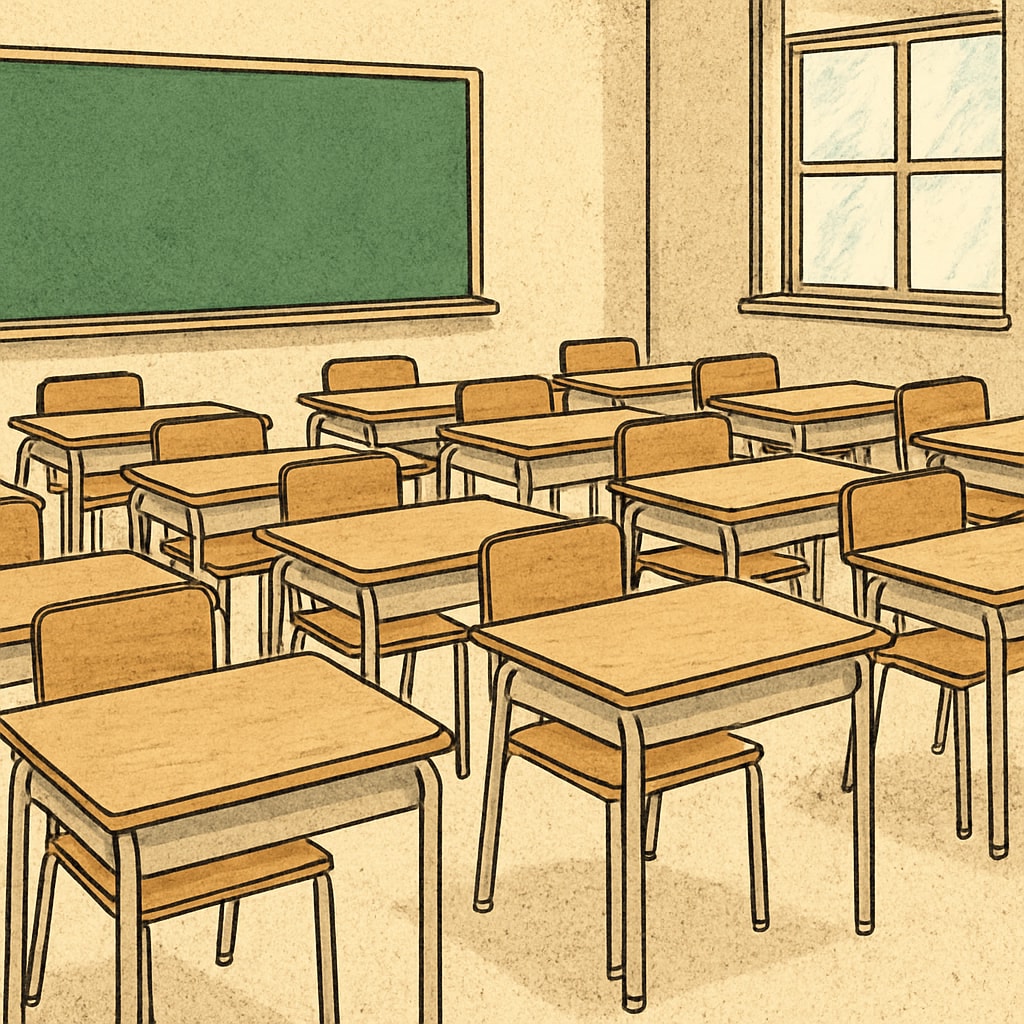In a move that has sparked nationwide debate, Oklahoma recently introduced a controversial policy requiring out-of-state teacher applicants to undergo a test assessing their political leanings. This “teacher test” policy has quickly become a flashpoint in discussions about the intersection of education, politics, and freedom in the United States. Critics argue that it represents a troubling overreach of political influence into the education system, while supporters believe it ensures adherence to state values. The implications of this policy could reshape how educators perceive their role in fostering unbiased learning environments.
Understanding the Motivation Behind Oklahoma’s Political Test
Oklahoma’s new policy, aimed specifically at educators from other states, appears to be rooted in concerns over ideological alignment. Proponents of the test claim it ensures that teachers entering the state’s school system align with local values and avoid promoting ideologies perceived as divisive. This aligns with broader trends in certain states that have sought to regulate what is taught in classrooms, particularly concerning topics like history, race, and gender.
However, critics are quick to point out that such measures risk deterring qualified educators from other states. By focusing on political leanings rather than teaching credentials or experience, the test could inadvertently exclude skilled teachers who might otherwise contribute positively to Oklahoma’s education system. Furthermore, it raises questions about the role of political ideology in determining a teacher’s ability to educate effectively.

Potential Impacts on Education and Teacher Recruitment
The implementation of a political test for teachers has significant implications for both recruitment and retention in Oklahoma. According to recent studies, the state is already facing a teacher shortage, a problem exacerbated by the challenges of retaining educators. Introducing a politically charged screening process could further dissuade out-of-state teachers from applying, leaving schools understaffed and students underserved.
In addition, this policy may send a concerning message about the priorities of the education system. Instead of focusing on academic competence and dedication to student success, the emphasis on political alignment could shift attention away from the core purpose of education. Critics worry this trend might spread to other states, creating a fragmented national education landscape where political ideology dictates hiring practices.

Balancing Educational Freedom and Political Influence
The introduction of Oklahoma’s teacher test raises broader questions about the balance between educational freedom and political oversight. Historically, the American education system has emphasized the importance of fostering diverse perspectives and critical thinking skills among students. Policies that prioritize ideological conformity could threaten this foundational principle by limiting the range of ideas educators feel comfortable discussing in the classroom.
On the other hand, supporters argue that states have a right to ensure their education systems reflect local values. This perspective highlights a growing tension between state governance and federal standards, particularly in politically polarized climates. Striking a balance between these competing priorities will likely remain a contentious issue in the years to come.
For example, similar controversies have arisen in other states, such as Florida and Texas, where debates over curriculum content have sparked heated discussions about the role of politics in education (Education on Britannica). These cases illustrate the broader national context in which Oklahoma’s policy has emerged.
The Future of Educational Policy in the U.S.
As Oklahoma moves forward with its political test for out-of-state teachers, its impact will likely serve as a case study for other states considering similar measures. Policymakers should closely monitor the outcomes, including changes in teacher recruitment, classroom dynamics, and public perceptions of the education system.
Ultimately, the debate over this policy underscores the need for careful consideration of how political oversight intersects with educational freedom. Striking a balance that respects local values while preserving the integrity of the teaching profession will be no small task. As education remains a cornerstone of democracy, ensuring that schools remain spaces for open inquiry and learning should remain a top priority.
Readability guidance: This article uses concise paragraphs, clear transitions, and a balanced tone to present multiple perspectives. Readers are encouraged to think critically about the implications of the policy and its potential ripple effects across the U.S. education system.


